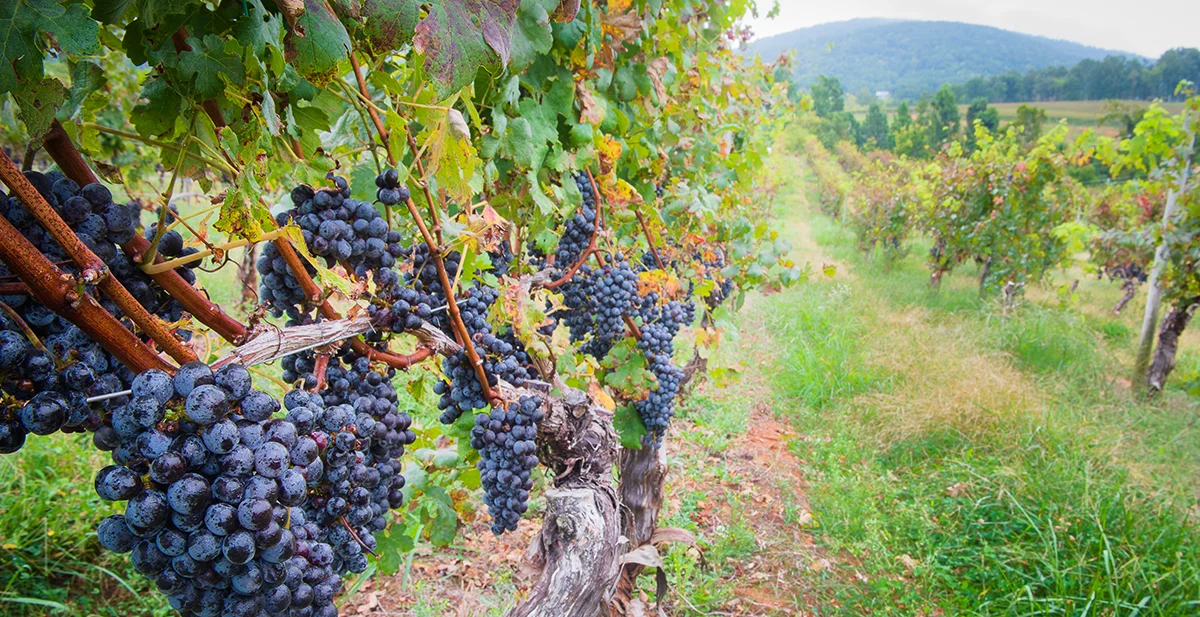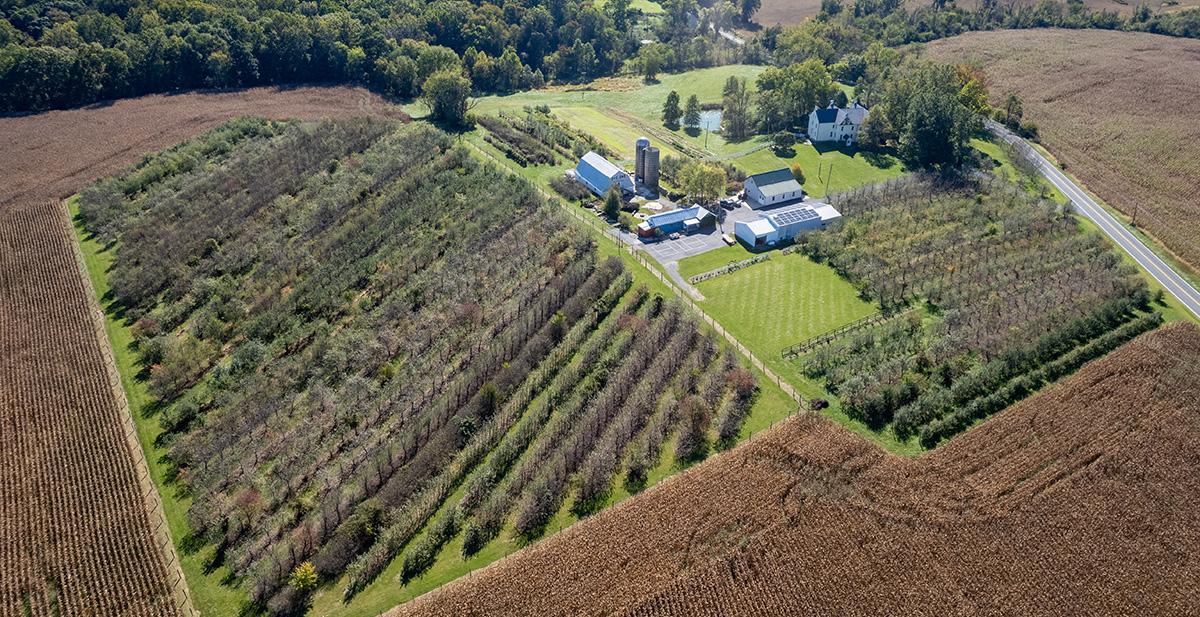home / virginia real estate / farms / starting your virginia farm / the poultry farm
Starting a Virginia Poultry Farm
Raising Chickens
With the rising cost of eggs in today’s market and the dangers of pesticides coming to light, raising chickens can be the perfect solution if you have a bit of land. Raising a flock of domestic poultry requires a very low investment and small area compared to other livestock, and as chickens are relatively low maintenance, even those with no farm experience have little trouble learning to care for them.
This makes raising chickens the ideal venture for the beginning small or part-time farmer. Whether you’re hoping to supplement family food supplies in the face of rising food costs or make a little extra money selling to niche markets, chickens are a great choice when deciding what animals to raise. As producers are very quickly able to sell organic meat and eggs to a market with growing demand, raising poultry brings in money much more immediately than does raising beef or dairy cattle.
Selecting Poultry Based on Your Needs
When deciding to raise poultry, one much decide whether the end goal is meat or egg production, as the breed selection and production tips differ between the two. If a farmer wants the chickens for egg production, a breed which produces a good supply of eggs should be selected. Though all poultry breeds lay eggs, they are not all equally efficient, so research must be done in order to maximize returns.
Since egg-laying chickens raised in floor pens require only two square feet of space per adult bird, such a flock can be managed without much land. When raising chickens for meat, there are other factors to consider: the most efficient meat-producing chickens are the meat-type crosses such as Rock-Cornish, but if the farmer wants to raise poultry specifically for the white meat, a purebred poultry type is a better choice, though these breeds are less efficient than the crosses.
A farmer may also choose to raise waterfowl is there is a large niche market of this type exists. There can be several advantages to raising waterfowl: for instance, ducks are small and require very little space, and geese do well on limited grain and are seldom bothered by predators.
Reasons to Raise Chickens
Chickens are some of the best animals to raise as they are easy, inexpensive pets with a surprising number of benefits. First and foremost, starting and maintaining a poultry farm is inexpensive, especially when compared to other animals. After paying low start-up costs, certain breeds of meat birds are ready to be processed within seven to nine weeks, meaning that after paying only two months of feed costs, you are ready to sell (or keep!) wonderful, organic home-grown meat.
The home-grown aspect is especially appealing for those who are concerned about what goes into the meat and eggs available commercially; farm-raised chickens are a safe and healthy alternative to factory-formed poultry and eggs.
Since the diet of farm-raised chickens is strictly controlled, farm-raised chicken has significantly less fat and fewer calories than most store-bought chicken and the eggs produced are nutritious and, many would argue, better tasting than those available at the supermarket.
Just to demonstrate how much healthier free range eggs are than battery eggs, free range eggs have on average seven times more Vitamin A, two times more Vitamin E, seven times more beta-carotene, half the cholesterol, and half the saturated fat than battery eggs. Since chickens are great with children, friendly, easy to manage, and low maintenance, they can even be kept as house pets.
For those who also maintain a garden, chickens help out by taking care of crickets, snails, grasshoppers, and other garden pests. Once everything has been harvested from a vegetable garden, chickens clear the beds by scratching out and eating the leftover weeds, seeds, and slugs, all the while fertilizing the soil.
Since chicken manure contains high levels of phosphorus, nitrogen, and potassium and is more economically valuable than synthetic fertilizers, this is the ideal situation. Chickens are also helpful in orchards or around fruit trees as they eat fallen fruit before it can attract damaging, difficult-to-get-rid-of insects.












































